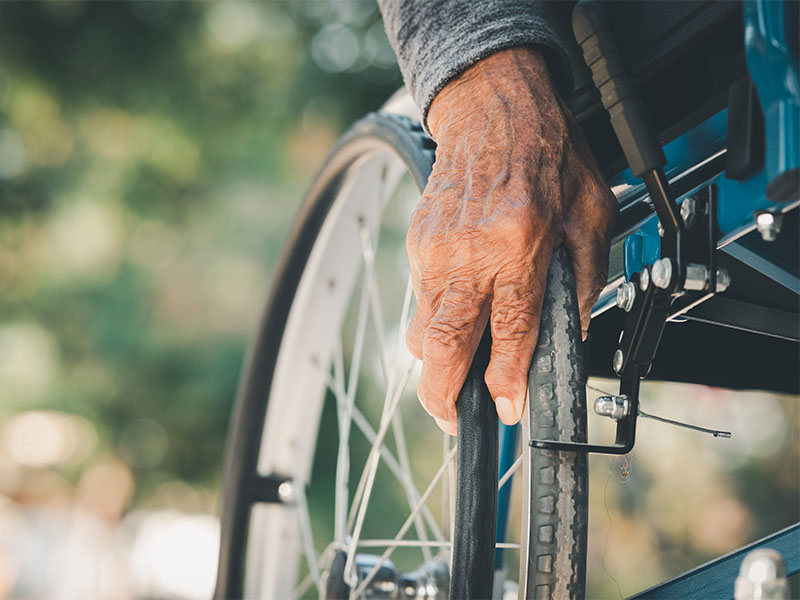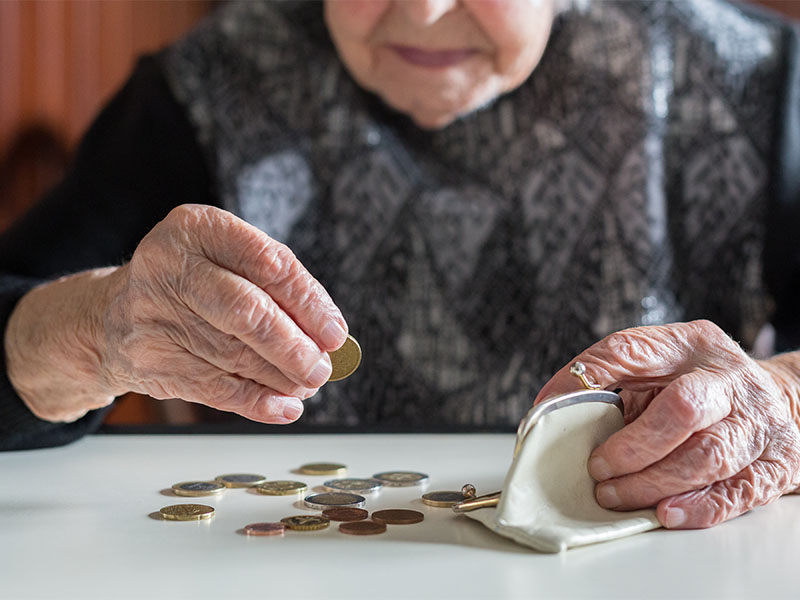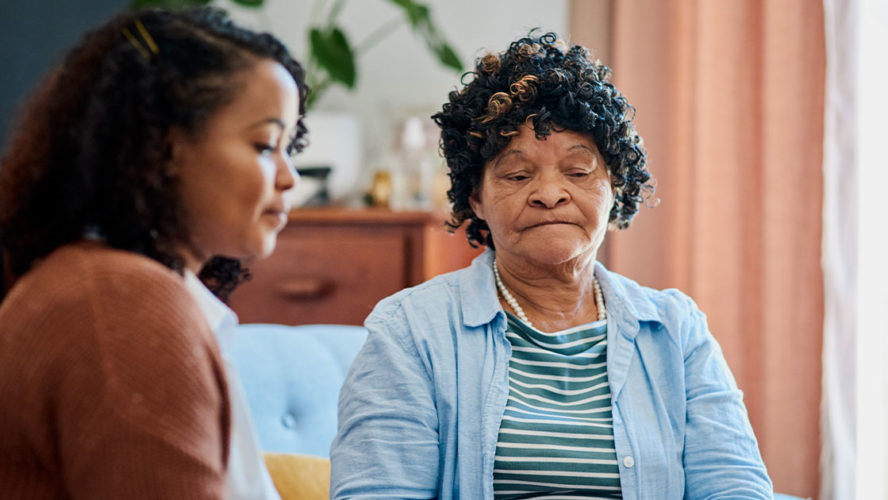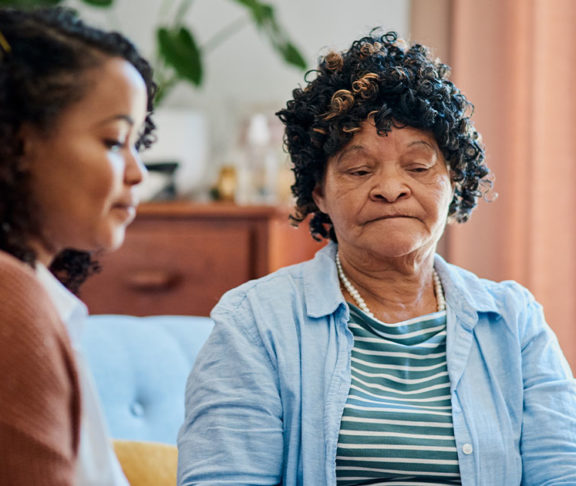We don’t lose the right to make our own decisions just because we’re older.
We make decisions all the time. Some decisions occur daily. We choose what to eat, what to wear, and how to spend our money. Others occur less often. For example, who should I recognize in my will? Who would I trust to make my financial decisions if I become incapable?
We may be more conscious of making decisions when we sign forms, for example, when we buy a car or consent to a medical procedure. But decisions are everywhere, and the freedom to make our own choices is a fundamental part of expressing who we are, living the life we want, and spending time with the people we care about.
Decision-making rights and elder abuse
Imagine someone tried to prevent you from driving your car. Maybe they think you should retire — but you love your work and excel at your job. For most of us, the prospect of losing our autonomy is terrifying.
Unfortunately, younger people often think they’re entitled to make decisions for their aging parents or grandparents. Sometimes, people assume they can’t make good choices as they get older. They think they know what is best for us. They may mean well, or they may be trying to control us or our money. They may pressure us to sign documents that give them power over some of our decisions.
They may prefer choices that reflect their emotional or financial needs, not ours. For example, a common dynamic is forcing an older person to move into long-term care, so that younger family members feel reassured that the older person is safe.
It’s true that sometimes older people cannot make a decision about long-term care admission because they cannot understand relevant information or risks. In those cases, a legal substitute decision-maker may make the choice. But often, we want to age in our own homes, and we understand the risks, such as the possibility of falling down the stairs. We may be willing to accept this risk in exchange for our freedom. The law doesn’t allow younger people to bubble-wrap their elders to soothe their anxiety.
We are entitled to make our own decisions until we’re unable to understand the information
relevant to those decisions. Much elder abuse is rooted in a desire to control older people’s lives and second-guess their judgement.

We have a right to make our own decisions
The law is very clear: we’re entitled to make our own decisions until we’re not able to understand the information relevant to those decisions. Canadian laws related to guardianship, health care consent, and powers of attorney law affirm that everyone is presumed capable until they demonstrate otherwise. This means we do not lose the right to make our own decisions because we get older or have a disability — unless that disability significantly impairs our ability to understand information and evaluate options.
There are some exceptions to this rule. For example, if I’m unconscious after a car accident, someone in my family may make decisions about my care. If no one’s available to make a health-care decision, a health-care provider can provide emergency care without my consent. However, generally, whether we’re at the hospital, the doctor’s office, or in long-term care, we’re entitled to make the decisions we understand. Most older people are able to make all of their own decisions. This includes people who are living with dementia — until the dementia is very progressed.

Decision-making support is key to maintaining autonomy
However, as we get older, we may have trouble making some decisions by ourselves. We may struggle to recall pertinent information or understand complicated details. Some of us may need a guardian or another person to make our decisions. This substitute decision-maker could be a family member.
But many of us just need help with decision-making. Support should be tailored to our unique abilities. A supportive friend or family member might take notes to assist with follow-through and recall. They might research possible side effects of medication or help us ask questions about risks. My father has communication difficulties. I interpret his words for others when his speech gets garbled.
Everyone should be able to participate in their own decisions to the best of their abilities. There’s so much we can do support decision-making. In many environments, like a public hospital, the right to support with communication is protected by human rights law.
Making our own choices gives meaning and purpose to our lives. The Canadian Centre for Elder Law has created booklets and videos on decision-making rights and supported decision-making health care and investment.


